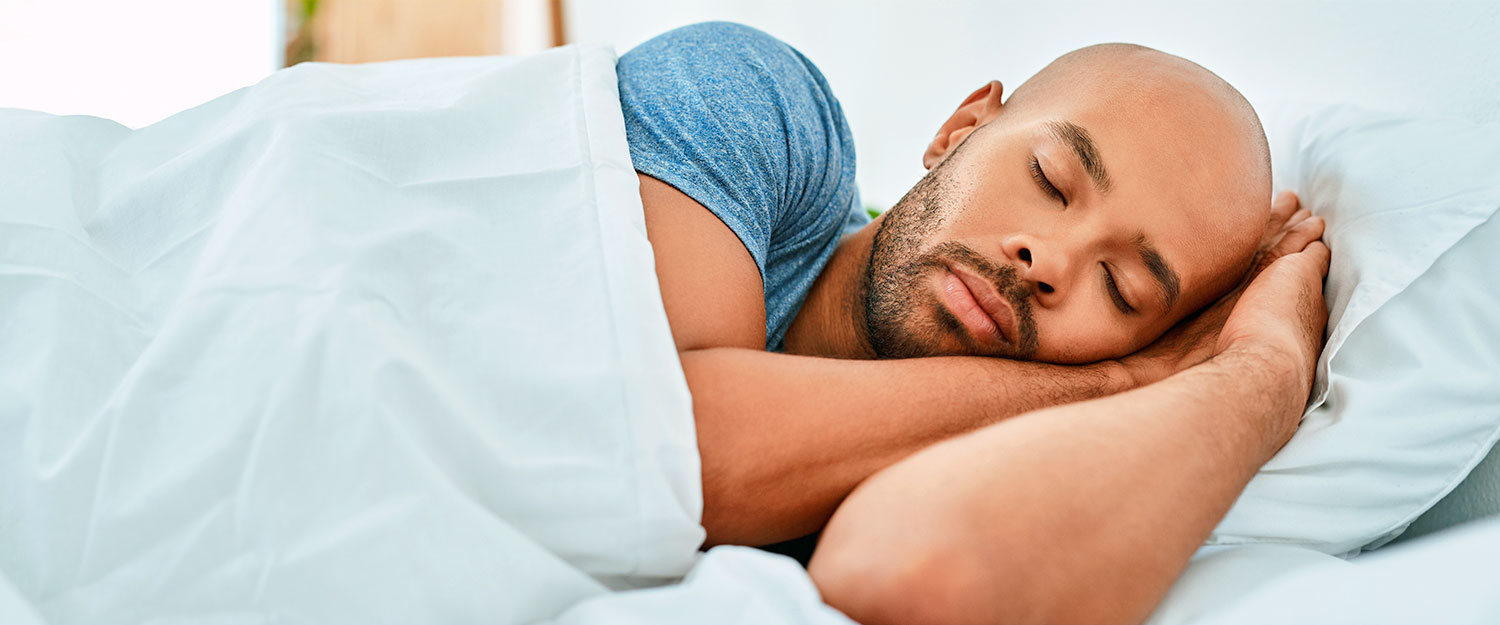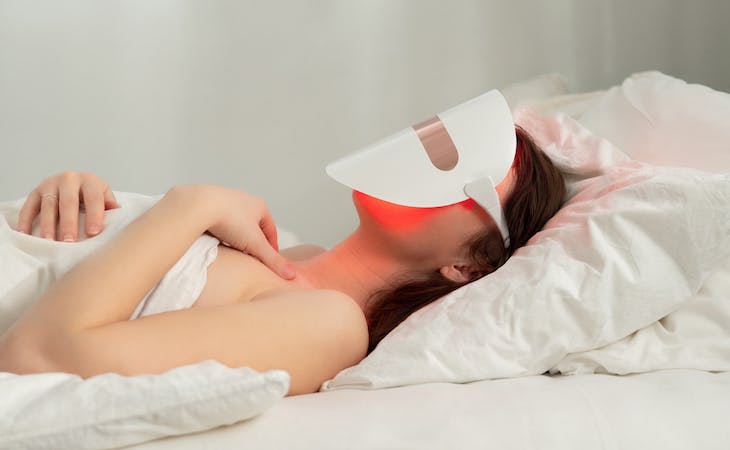Natural Insomnia Remedies - Safe and Effective Treatments
Natural Insomnia Remedies - Safe and Effective Treatments
Blog Article
Effective Therapy Solutions for Taking Care Of Sleep Disorders and Enhancing Relaxed Sleep
In the realm of medical care, the management of rest conditions and the quest for restful sleep are critical parts of general wellness. As we browse the complex landscape of rest disorders and look for to boost our sleep experience, a much deeper understanding of these treatment options may hold the key to unlocking an extra refreshing and meeting corrective trip.
Cognitive Behavior Modification for Insomnia (CBT-I)
Cognitive Behavior Modification for Sleeplessness (CBT-I) is a structured, evidence-based treatment approach that focuses on addressing the underlying variables adding to rest disturbances. This kind of treatment aims to customize actions and ideas that worsen sleeping disorders, ultimately advertising healthy and balanced sleep patterns. CBT-I usually entails numerous vital elements, consisting of cognitive treatment, rest limitation, stimulus control, and sleep health education.
Cognitive treatment assists people recognize and alter negative idea patterns and ideas about rest that might be hindering their ability to drop or stay asleep. Sleep restriction involves restricting the quantity of time spent in bed to match the person's real sleep period, consequently boosting rest performance (cognitive behavioral therapy for insomnia (CBT-I)). Stimulation control methods aid develop a solid association in between the bed and sleep by encouraging people to visit bed just when drowsy and to prevent taking part in stimulating activities in bed
In addition, sleep health education and learning concentrates on developing healthy rest behaviors, such as maintaining a consistent sleep routine, creating a relaxing bedtime routine, and maximizing the rest atmosphere. By attending to these variables adequately, CBT-I supplies an effective non-pharmacological treatment for managing insomnia and boosting total rest top quality.
Rest Health Practices
Having established the structure of cognitive restructuring and behavioral modifications in resolving sleeplessness with Cognitive Behavioral Treatment for Insomnia (CBT-I), the focus now changes in the direction of discovering crucial Sleep Health Practices for keeping optimum sleep high quality and total well-being.
Sleep hygiene techniques encompass an array of practices and ecological factors that can significantly affect one's ability to go to sleep and remain asleep throughout the evening. Consistent sleep and wake times, producing a relaxing bedtime regimen, and maximizing the sleep setting by maintaining it dark, quiet, and cool are crucial parts of good rest health. Limiting direct exposure to screens before bedtime, preventing energizers like caffeine close to bedtime, and taking part in regular exercise throughout the day can likewise advertise better sleep quality.
Furthermore, practicing relaxation techniques such as deep breathing exercises or meditation prior to bed can help soothe the mind and prepare the body for sleep. By incorporating these sleep health practices into one's everyday routine, individuals can develop a healthy and balanced rest pattern that sustains peaceful sleep and general health.
Relaxation Techniques and Mindfulness
Applying leisure techniques and mindfulness methods can play a pivotal function in fostering a sense of calm and advertising top quality sleep. sleep disorder treatment. These strategies intend to silent the mind, lower stress and anxiety, and develop an optimum environment for restful sleep. One widely practiced technique is deep breathing exercises, where people concentrate on sluggish, deep breaths to kick back the body and mind. Progressive muscle mass relaxation involves tensing and afterwards releasing each muscle group, advertising physical relaxation. Additionally, directed complex ptsd and sleep imagery can assist transport people to a tranquil place in their minds, helping in anxiety reduction and improving rest high quality.
By including these techniques into a bedtime regimen, people can signify to their bodies that it is time to unwind and prepare for sleep. In general, integrating leisure strategies and mindfulness methods can substantially add to handling sleep problems and boosting total sleep quality.

Medication Options for Rest Disorders
After exploring leisure techniques and mindfulness practices as non-pharmacological interventions for boosting rest quality, it is necessary to consider medicine choices for individuals with sleep conditions. In instances where lifestyle adjustments and therapy do not supply enough relief, medicine can be a useful tool in managing rest disruptions.
Generally suggested drugs for sleep conditions consist of benzodiazepines, non-benzodiazepine hypnotics, antidepressants, and melatonin receptor agonists. Antidepressants, such as trazodone, can be valuable for people with co-occurring depression and rest disturbances - cognitive behavioral therapy for insomnia (CBT-I).
It is critical for individuals to talk to a health care service provider to identify one of hop over to these guys the most ideal drug option based on their certain sleep disorder and case history.
Light Therapy for Body Clock Policy
Light treatment, additionally referred to as photo-therapy, is a non-invasive treatment approach utilized to manage body clocks and boost sleep-wake cycles. This therapy entails direct exposure to bright light that resembles natural sunshine, which aids to reset the body's inner clock. By revealing people to particular wavelengths of light, commonly in the morning or night depending on the desired effect, light therapy can effectively readjust the circadian rhythm to promote wakefulness throughout the day and improve relaxed rest at night.
Research study has shown that light treatment can be particularly beneficial for people with body clock disorders, such as delayed sleep phase syndrome or jet lag. It can additionally be practical for those experiencing seasonal depression (SAD), a kind of depression that generally takes place throughout the winter season when all-natural light direct exposure is lowered. Light therapy is usually well-tolerated and can be made use of combined with various other therapy techniques for sleep conditions to optimize end results and boost general sleep top quality.
Conclusion
Finally, reliable treatment options for taking care of rest conditions and boosting restful rest include Cognitive Behavioral Treatment for Sleeping Disorders (CBT-I), sleep hygiene methods, relaxation techniques and mindfulness, medication options, and light therapy for body clock guideline. These approaches can assist individuals boost their sleep high quality and total health. It is very important to talk to a healthcare provider to figure out the most appropriate technique for dealing with sleep concerns.
As we navigate the complex landscape of sleep disorders and look for to boost our rest straight from the source experience, a deeper understanding of these therapy solutions may hold the secret to unlocking an extra relaxing and meeting corrective journey.
Rest constraint entails limiting the amount of time spent in bed to match the person's real sleep duration, consequently boosting sleep performance. Regular rest and wake times, developing a relaxing bedtime routine, and enhancing the rest atmosphere by maintaining it dark, silent, and cool are critical components of excellent sleep hygiene. Light treatment is normally well-tolerated and can be made use of in combination with other therapy techniques for rest disorders to maximize end results and enhance total sleep high quality.

Report this page